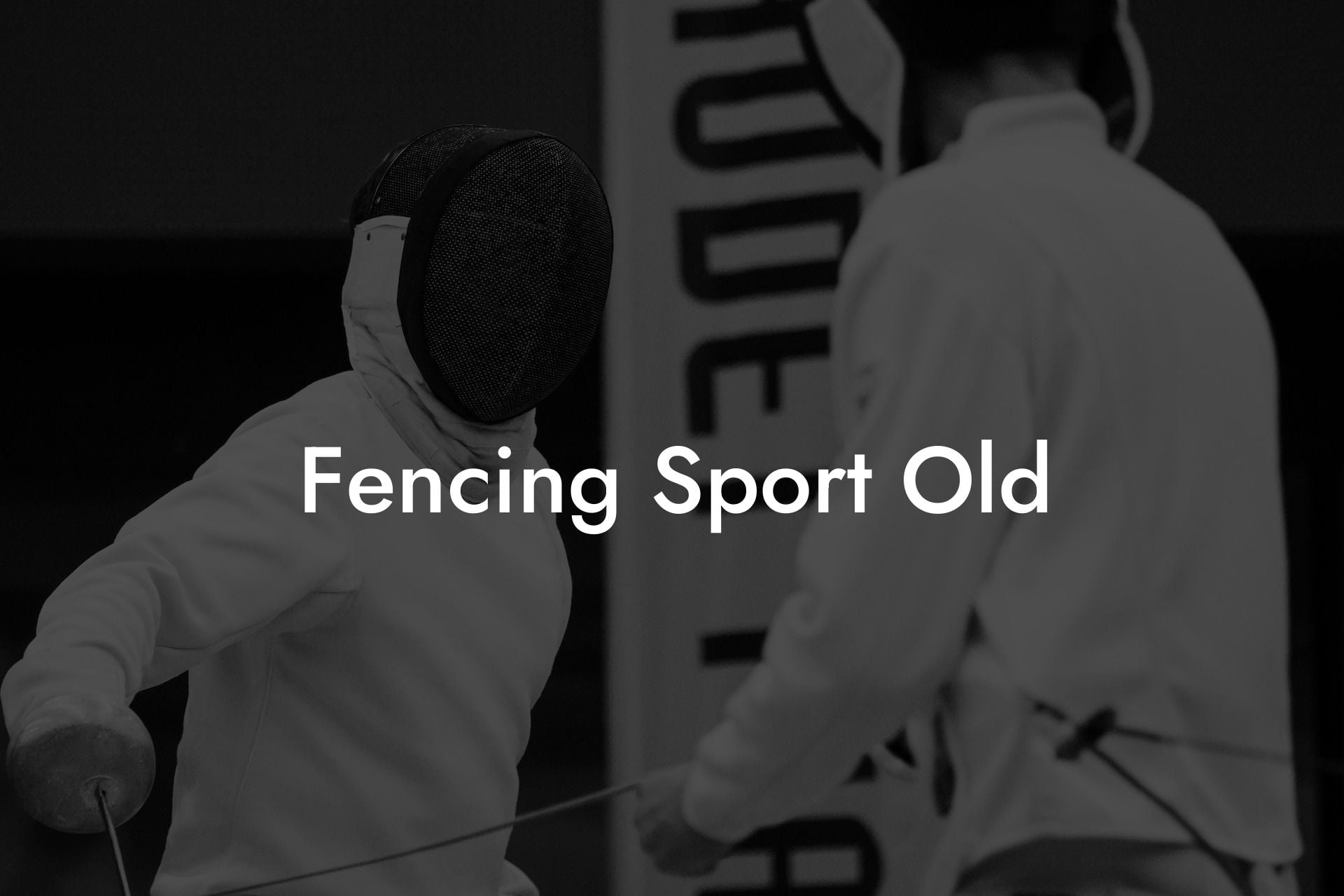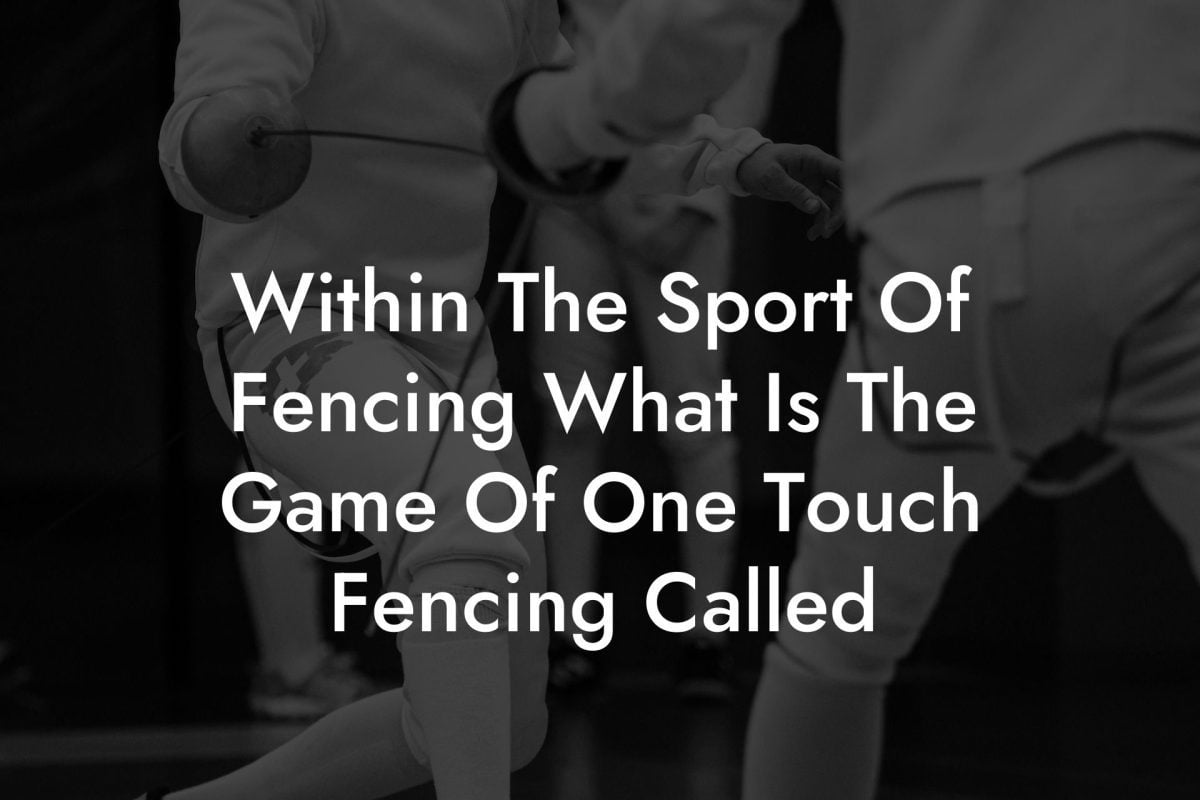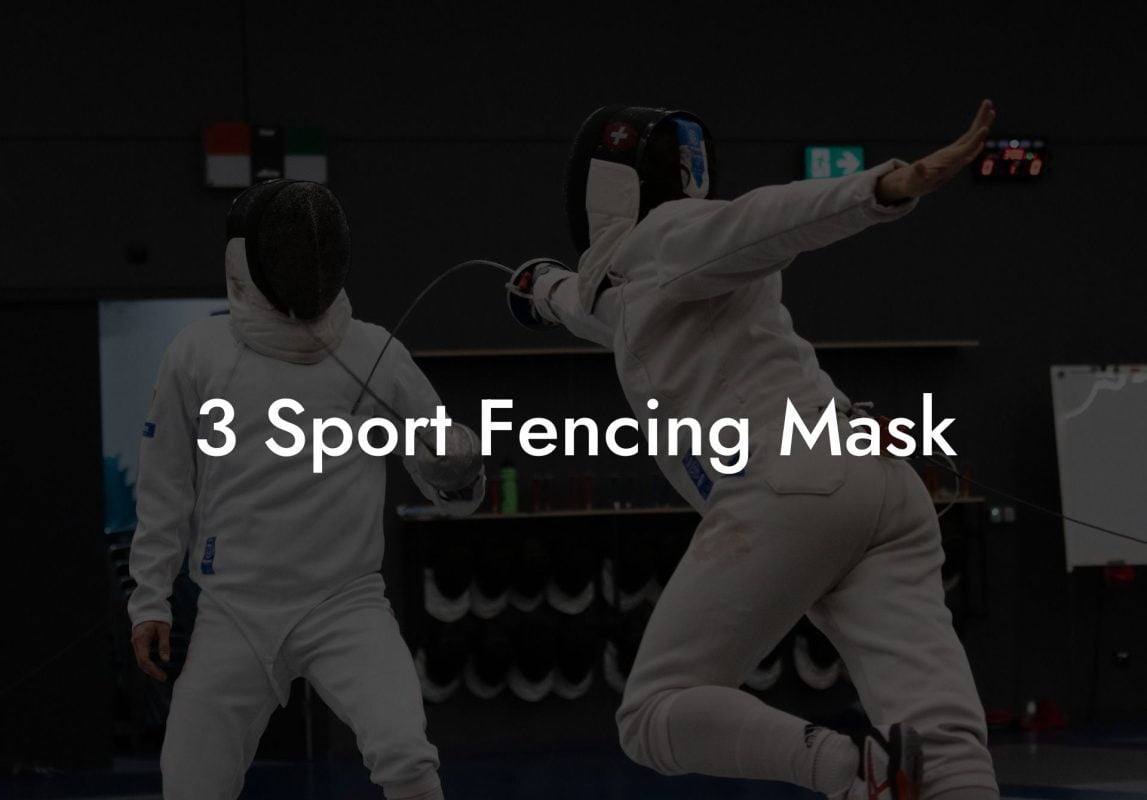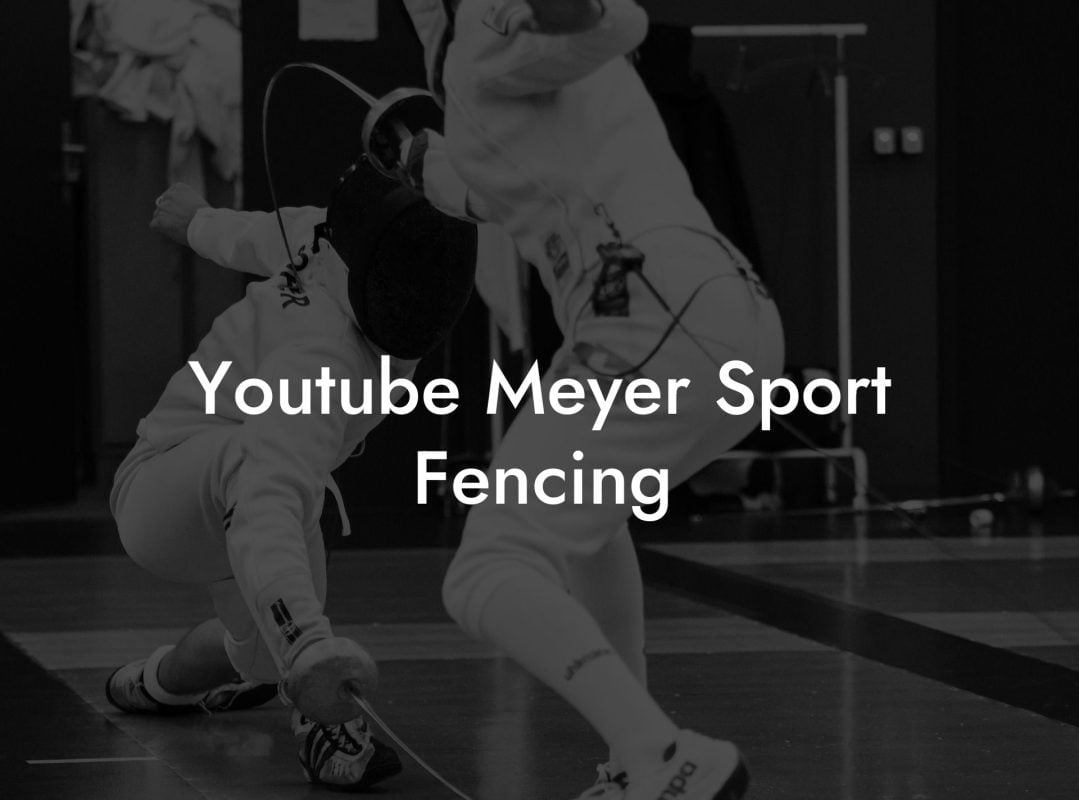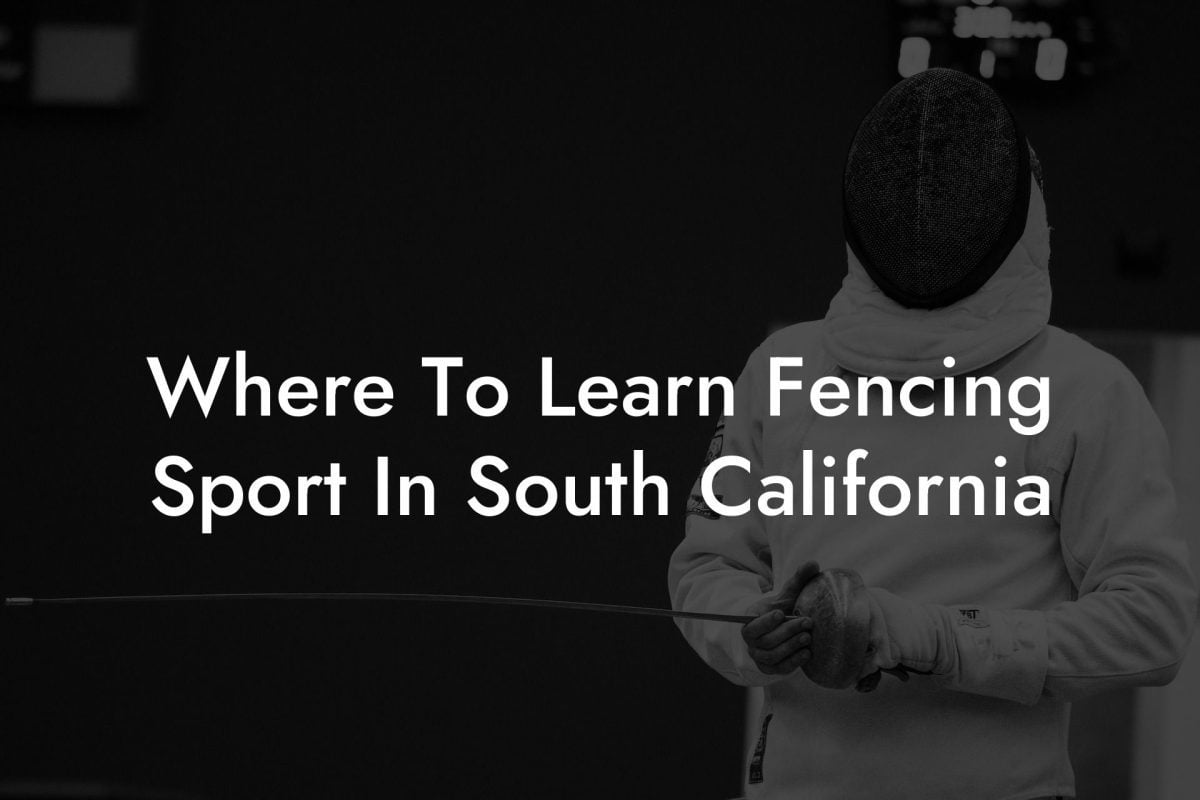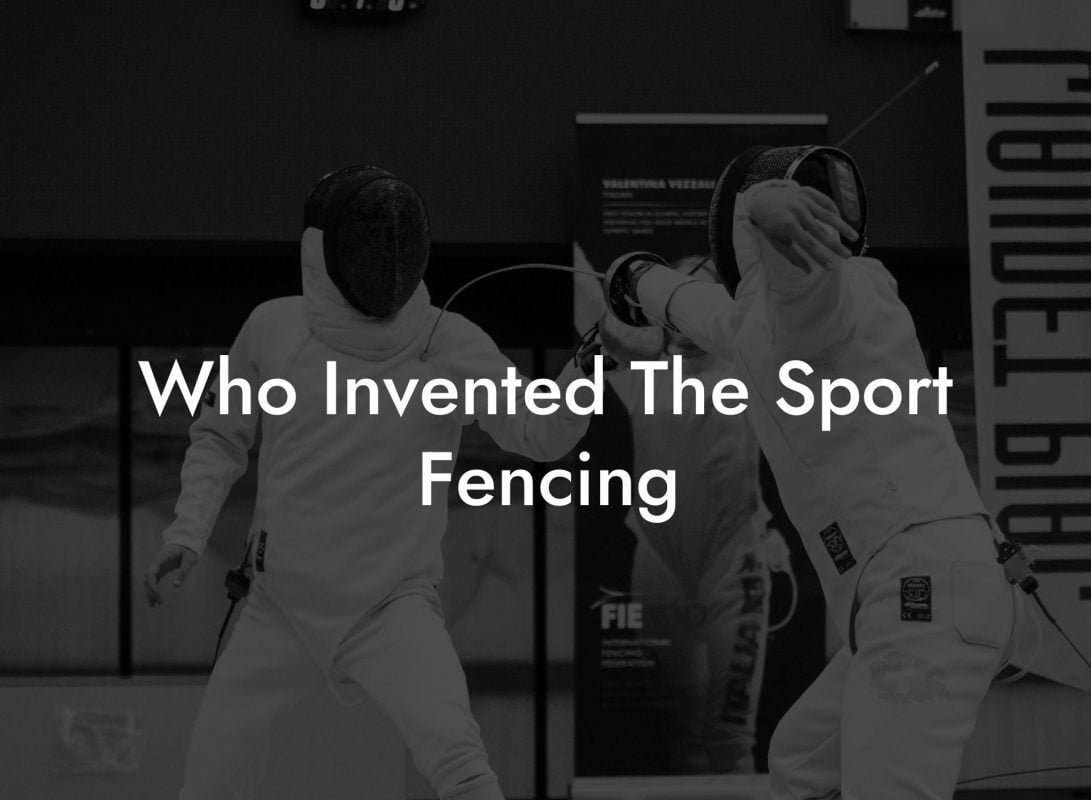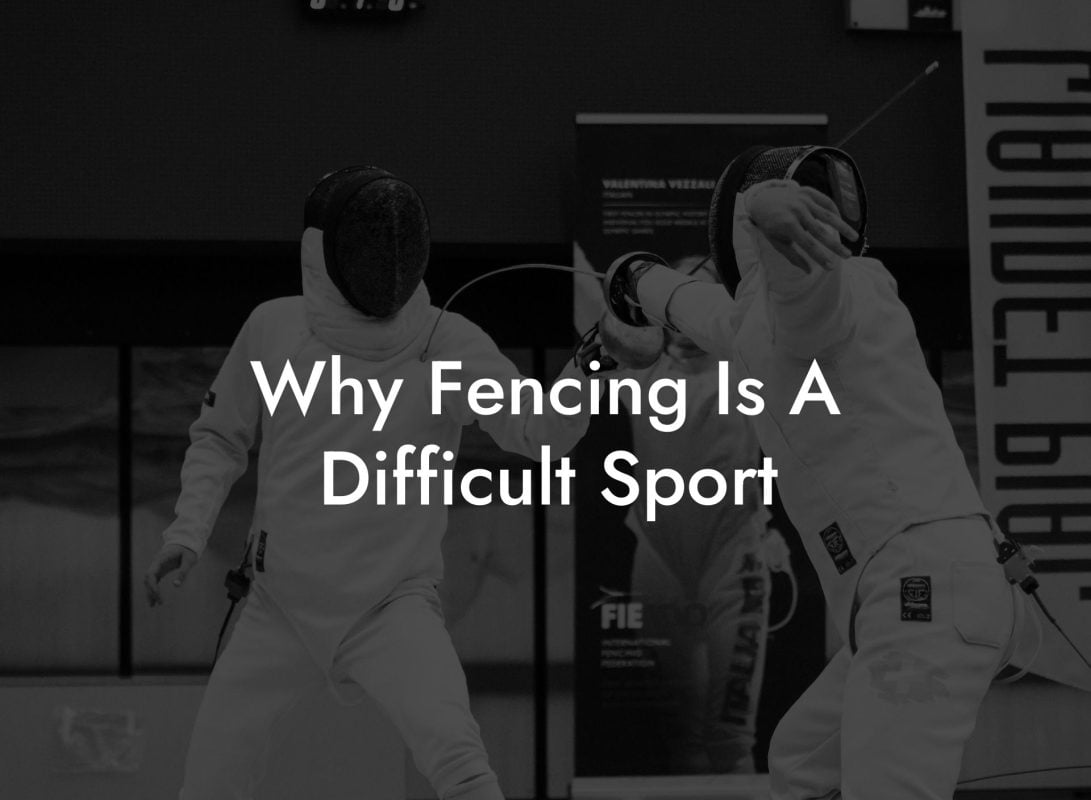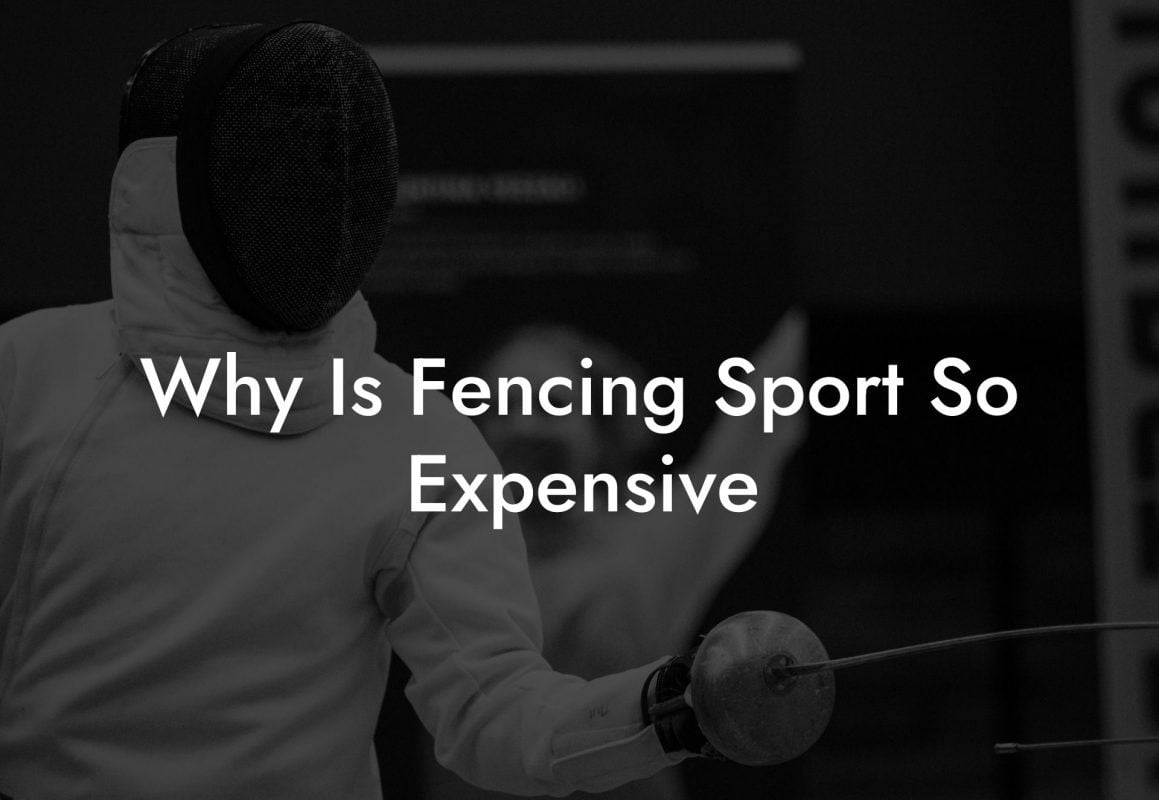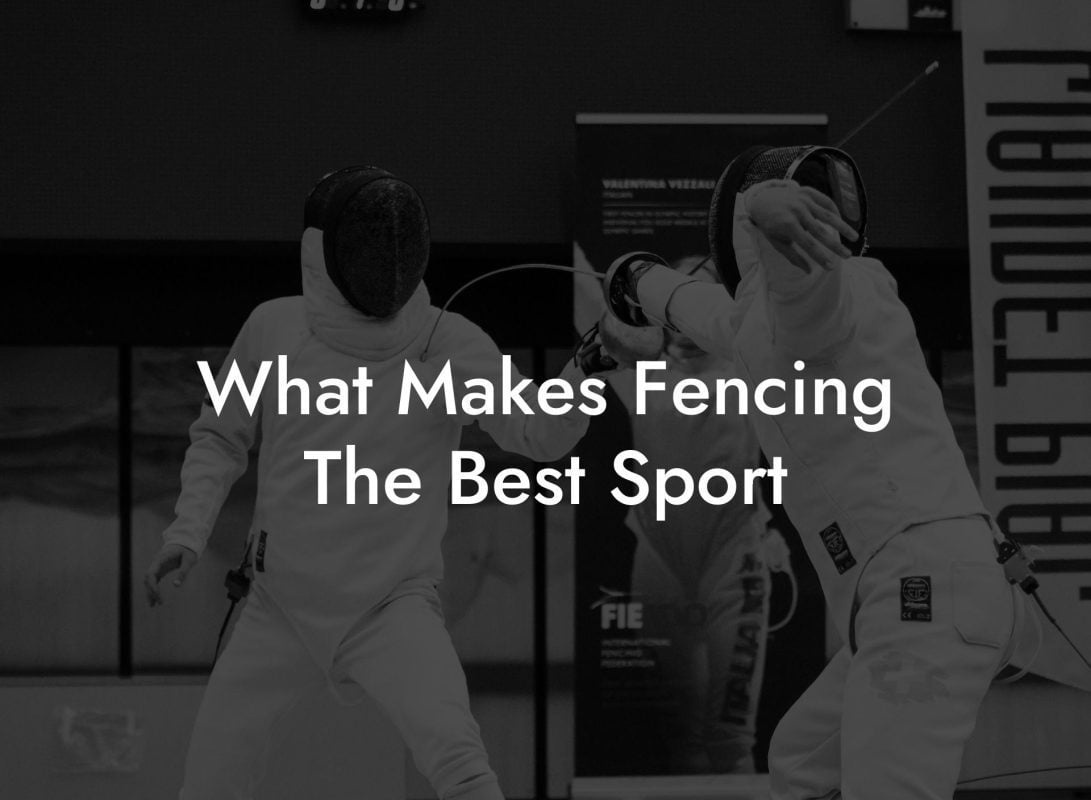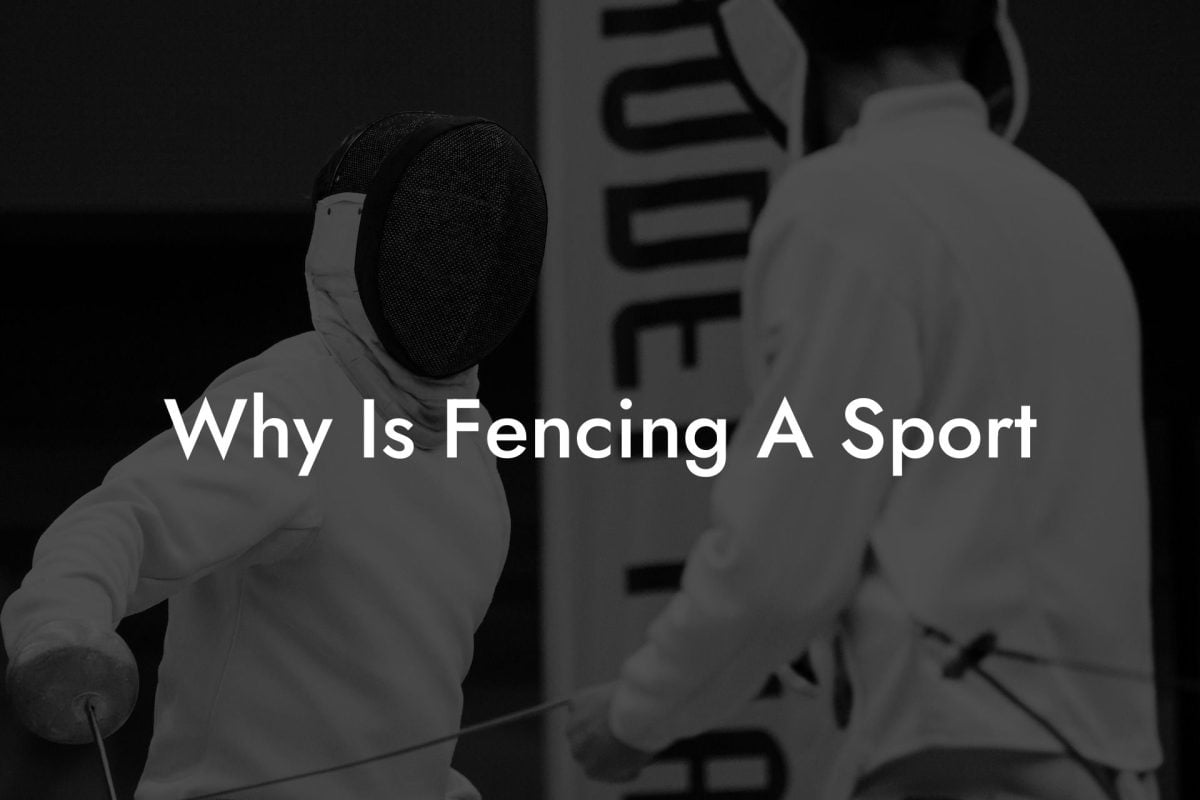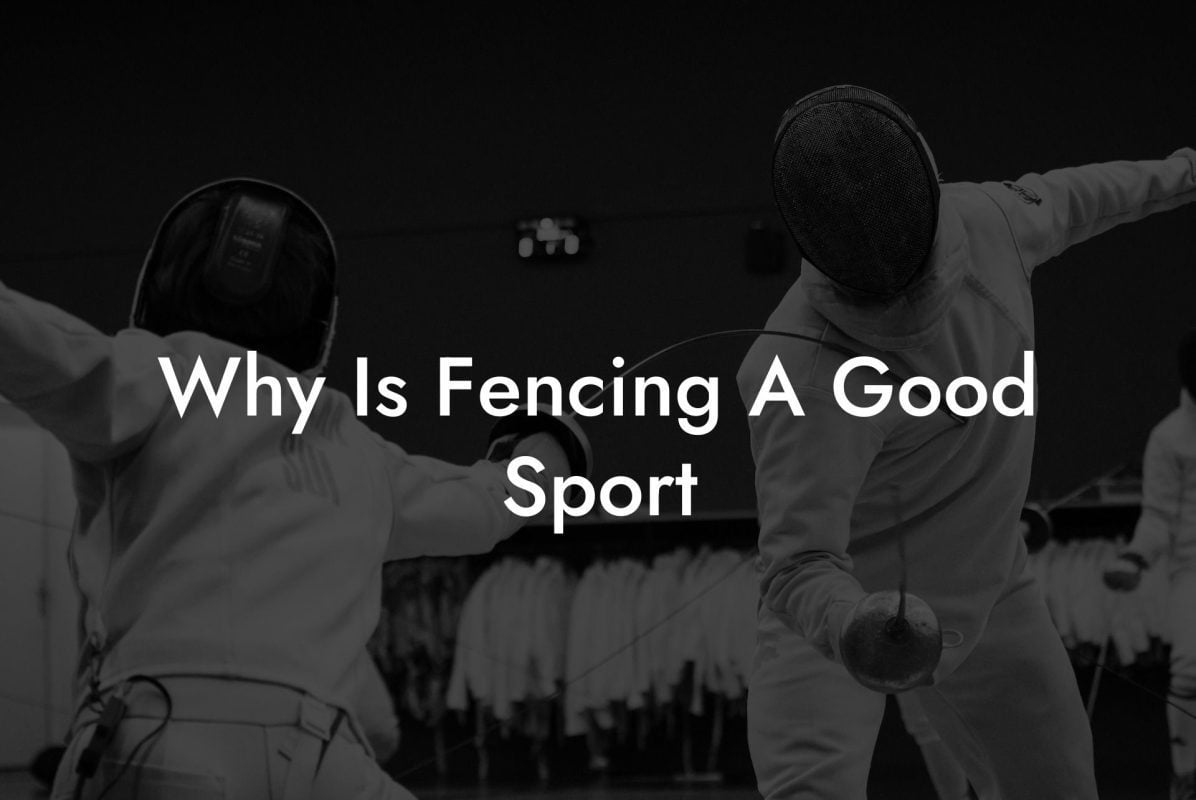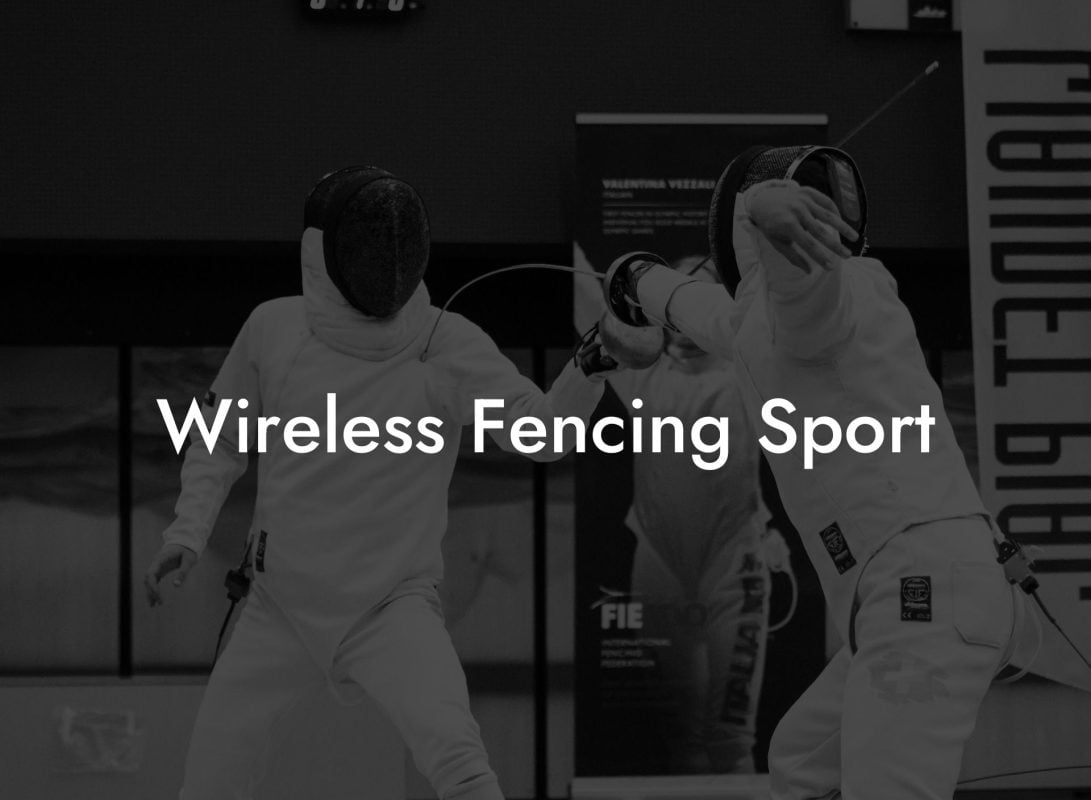Discover the rich history of fencing sport, its evolution over the centuries, and how the sport of old has shaped the modern fencing techniques that are practiced today.
Fencing Sport Old Table of Contents
Origins of Fencing
The sport of fencing has its roots in ancient civilizations such as Egypt, Greece, and Rome, where swordplay was considered an essential martial art and part of military training. Early fencing techniques evolved from these practices, focused on survival and warfare throughout the Middle Ages and Renaissance periods.
Development of Fencing Techniques
With the invention of the rapier in the 14th century, fencing techniques shifted toward a more skill-based and elegant art form. Dueling replaced battlefield combat, and fencing became a means of settling disputes and defending one's honor.
Classical Fencing
From the 16th to the 19th century, "classical fencing" was the dominant technique. It emphasized strategy, timing, and technical skill, with practitioners adhering to strict rules and a sense of courtesy. The techniques focused on precise footwork and controlled blade work, with individual movements known as "moments."
Development of Different Styles
Each European country developed its own fencing style during this time. For example, the Italian school emphasized a more aggressive approach, while the French school prioritized elegance and finesse. These distinct techniques eventually evolved into the three modern fencing weapons—foil, épée, and sabre—and the ruleset that governs them today.
The Modernization of Fencing
The 19th and early 20th centuries saw significant changes in fencing techniques and equipment as the sport continued to modernize.
- The development of the electric scoring apparatus, which replaced the traditional role of judges in determining hits, made the sport more objective and reduced disputes during competitions.
- The introduction of protective gear, including masks, gloves, jackets, and plastrons, not only improved safety but also allowed fencers to practice and compete with greater intensity.
- The expansion of fencing as a recognized sport in national and international competitions, including the Olympics, further popularized the sport and helped to standardize its rules and techniques.
Traditional Versus Modern Fencing
As fencing evolved, so too has the debate between practitioners of traditional and modern fencing techniques. Some argue that classical fencing's principles and etiquette are lost in the modern sport, while others contend that the evolution of techniques and equipment have improved the sport.
- Traditional fencing often focuses on one-on-one duels, adhering to strict rules and maintaining a sense of honor and courtesy.
- Modern fencing is more focused on speed, athleticism, and strategy, with an emphasis on scoring points in a competitive environment.
Fencing Sport Old Example:
Take, for example, the contrast between the épée used in traditional and modern fencing. In the classical épée, fencers had to touch their opponent's body with a certain amount of pressure in order to score a hit, which required precision and strength. In the modern épée, an electrical system is used to register a touch, oftentimes demanding more speed and agility than the traditional way.
While the debate between traditional and modern fencing techniques may continue, it is clear that the rich history of fencing has contributed to the growth and development of the sport as a whole. By understanding the origins and historical techniques, fencers can appreciate the complexity, etiquette, and skill involved in this fascinating sport. If you enjoyed this exploration into the history of fencing sport, be sure to share it with fellow enthusiasts and explore more in-depth guides on Anchorage Fencing Club.

